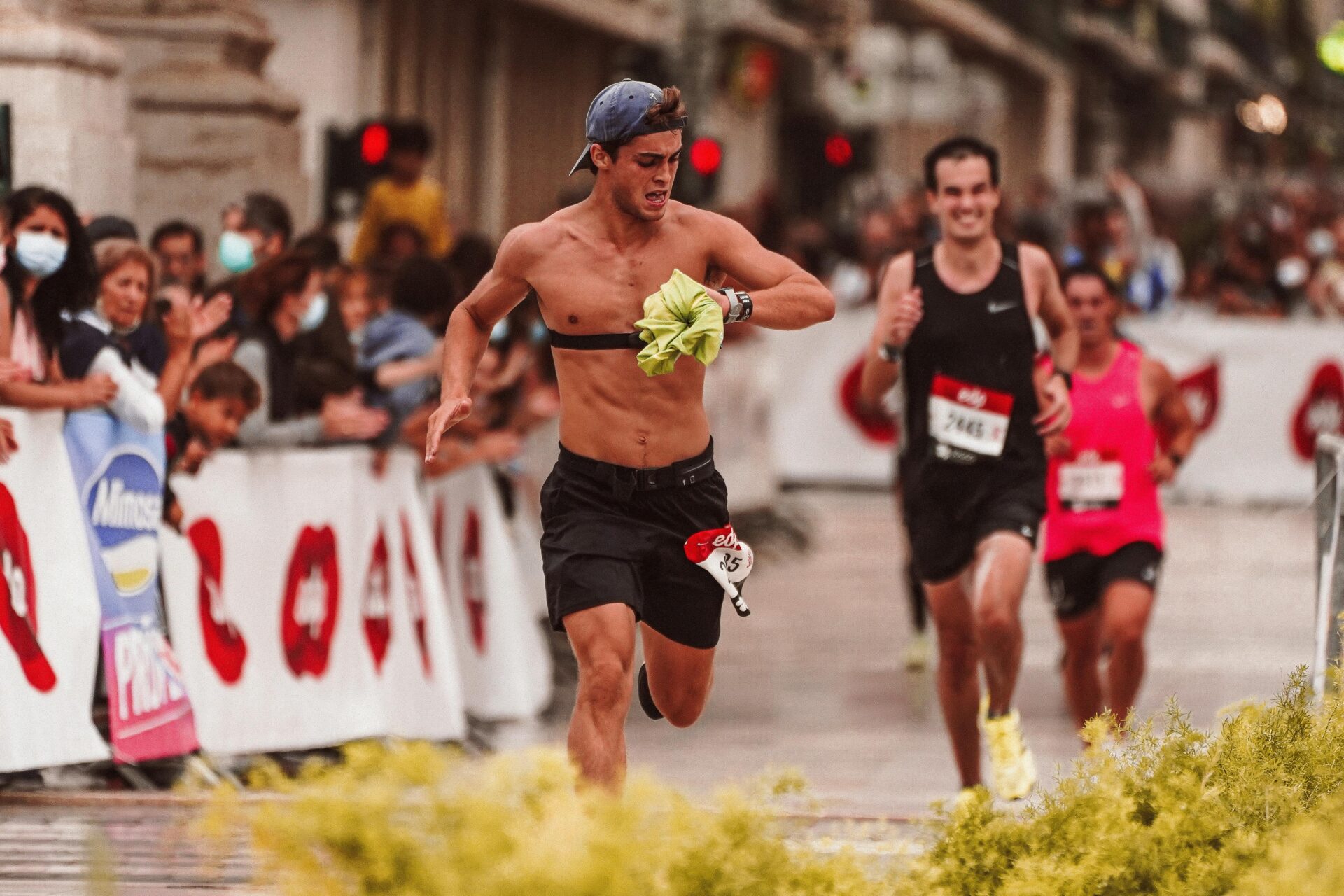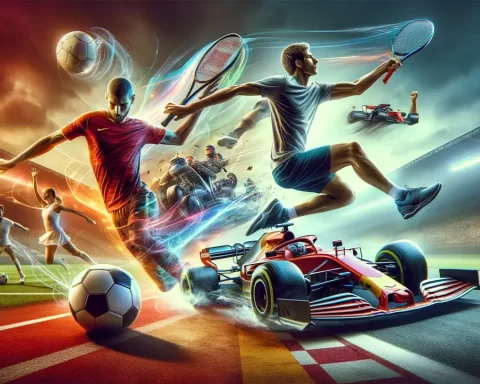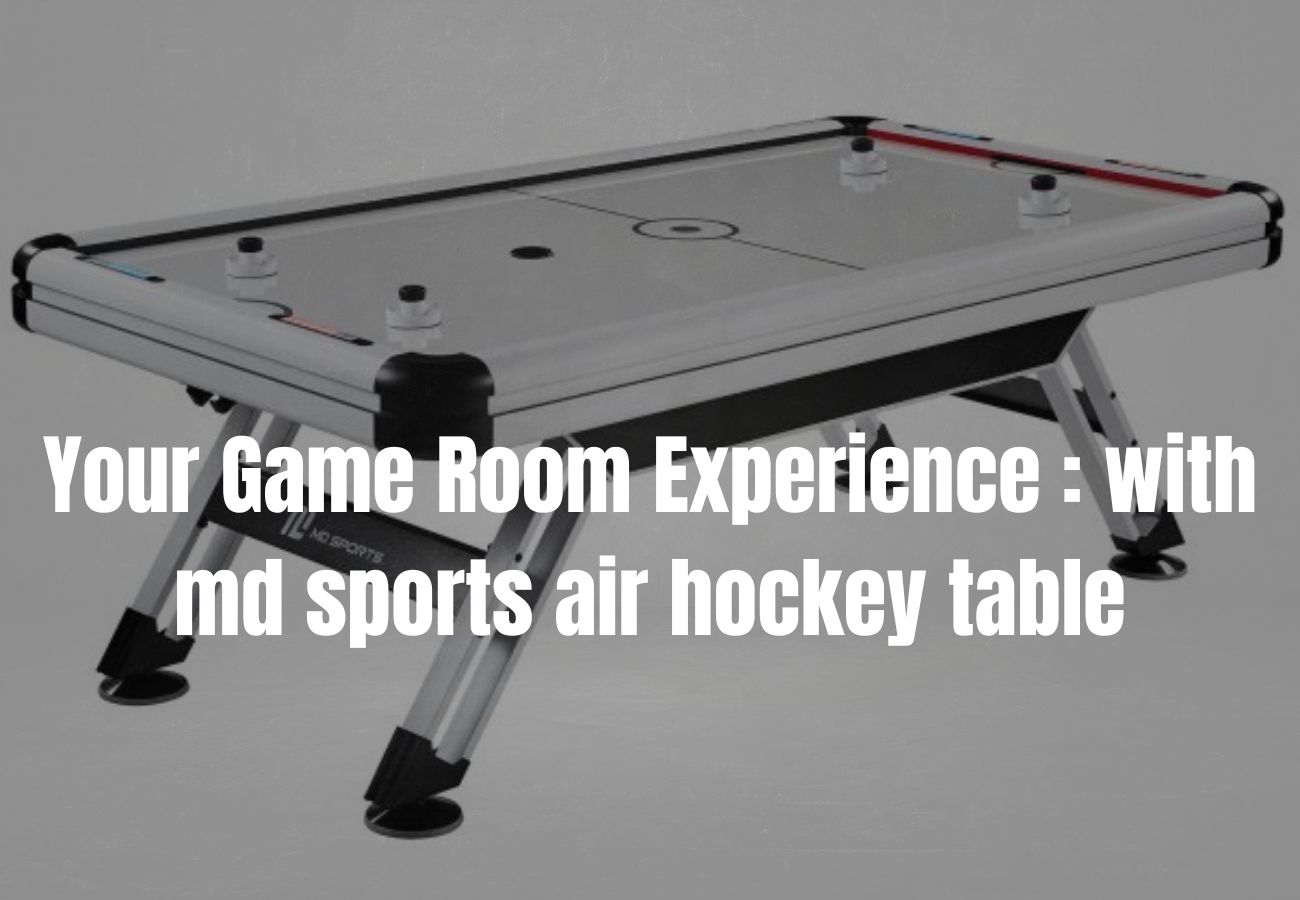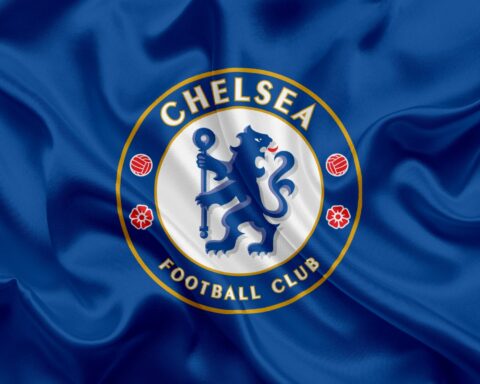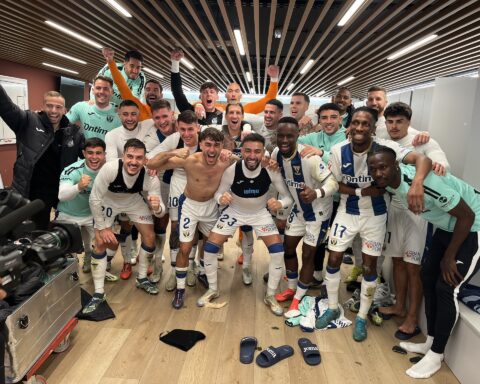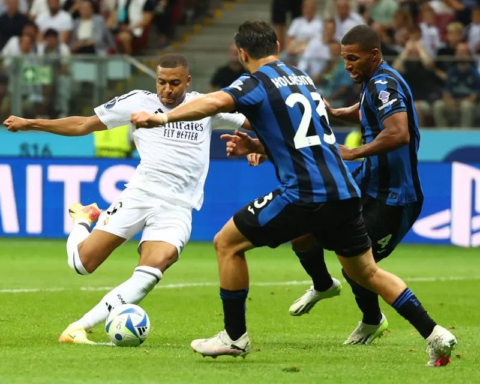Balancing academics and athletics is a challenge faced by many student-athletes. It requires time management, dedication, and strategic planning to excel in both arenas. This balance is crucial for the holistic development of students, enabling them to achieve academic success while honing their athletic skills. Here’s a comprehensive guide on how to balance academics and athletics effectively.
Time Management
Prioritize Tasks
The first step in balancing academics and athletics is to prioritize tasks. Student-athletes need to identify what tasks are most urgent and important. Using tools such as a priority matrix can help distinguish between tasks that need immediate attention and those that can be scheduled for later. By focusing on high-priority activities first, students can ensure that they are meeting essential deadlines and commitments in both their academic and athletic lives.
Create a Schedule
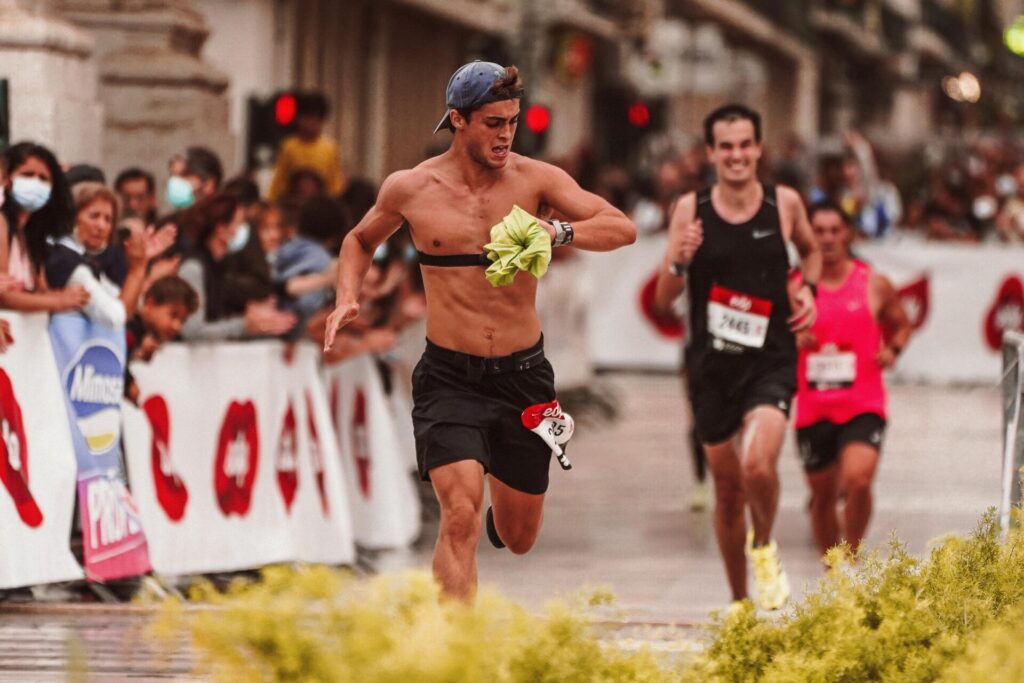
Creating a detailed schedule is vital. This schedule should include class times, training sessions, homework, study periods, and personal time. Using a planner or digital calendar can help in organizing daily, weekly, and monthly tasks. It’s important to stick to this schedule as closely as possible to maintain consistency. Scheduling also helps in visualizing the balance between academic and athletic commitments, ensuring that neither is neglected.
Avoid Procrastination
Procrastination can be a significant barrier to balancing academics and athletics. Developing a habit of starting assignments and projects early can alleviate last-minute stress. Breaking tasks into smaller, manageable parts can make them seem less daunting and more achievable. This approach also allows for more flexibility to accommodate unexpected events or additional athletic practices.
Academic Strategies
Effective Study Techniques
Adopting effective study techniques can maximize learning in less time. Techniques such as the Pomodoro Technique, where study sessions are broken into intervals with short breaks in between, can enhance focus and retention. Active learning methods, like summarizing information, teaching others, or applying concepts to real-world scenarios, can also be beneficial.
Utilize Academic Resources
Most educational institutions offer a variety of academic resources, such as tutoring centers, study groups, and academic advisors. Student-athletes should take full advantage of these resources. Tutors can provide personalized assistance in challenging subjects, while study groups can offer collaborative learning opportunities. Academic advisors can help in selecting courses that fit well with training schedules and provide guidance on managing both responsibilities.
Communicate with Professors
Open communication with professors is essential. Student-athletes should inform their professors about their athletic commitments at the beginning of the semester. This transparency can lead to understanding and potential flexibility with deadlines and exam dates. Professors are often willing to accommodate student-athletes who demonstrate a genuine effort to balance their responsibilities.
Athletic Strategies
Efficient Training
Efficiency in training is crucial. Quality should be prioritized over quantity, meaning that training sessions should be well-structured and goal-oriented. Working closely with coaches to develop effective training plans that complement academic schedules can help. Recovery and rest are equally important to prevent burnout and ensure peak performance in both academics and athletics.
Injury Prevention
Injuries can disrupt both athletic and academic pursuits. Adhering to proper training techniques, warming up and cooling down, and incorporating strength and conditioning programs can minimize the risk of injuries. Regular check-ups with medical professionals and listening to one’s body are also critical to maintaining overall health and preventing long-term setbacks.
Balance and Moderation
Maintaining balance and moderation in all activities is key. Student-athletes should avoid overcommitting to too many extracurricular activities, which can lead to exhaustion and decreased performance in both areas. Learning to say no and setting realistic goals is essential for long-term success.
Mental and Emotional Well-being
Stress Management
Balancing academics and athletics can be stressful. Developing effective stress management techniques is vital. Practices such as mindfulness, meditation, deep breathing exercises, and yoga can help reduce stress and enhance focus. Additionally, finding time for hobbies and relaxation is important for maintaining mental health.
Seek Support
Having a support system is invaluable. This support can come from family, friends, teammates, coaches, and academic advisors. Sharing challenges and seeking advice from those who understand the demands of being a student-athlete can provide emotional support and practical solutions. Mental health professionals can also offer coping strategies for dealing with anxiety and pressure.
Maintain a Positive Attitude
Maintaining a positive attitude is crucial for overcoming challenges. Student-athletes should celebrate their successes, no matter how small, and learn from setbacks. Resilience and a growth mindset can significantly impact one’s ability to balance academics and athletics effectively.
Practical Tips
Meal Planning and Nutrition
Proper nutrition fuels both the body and mind. Student-athletes should prioritize a balanced diet rich in proteins, carbohydrates, healthy fats, vitamins, and minerals. Meal planning can save time and ensure that they are eating nutritious meals that support their physical and cognitive performance. Staying hydrated is equally important for maintaining energy levels and overall health.
Sleep Hygiene
Adequate sleep is essential for recovery and cognitive function. Student-athletes should aim for 7-9 hours of quality sleep per night. Establishing a regular sleep routine, creating a sleep-conducive environment, and avoiding caffeine and electronics before bedtime can improve sleep quality.
Technology Use
Technology can be both a distraction and a useful tool. Using apps for time management, study aids, and scheduling can enhance productivity. However, it’s important to limit time spent on social media and other non-essential activities to avoid distractions.
Balancing academics and athletics is undoubtedly challenging but entirely achievable with the right strategies. Prioritizing tasks, creating a structured schedule, and avoiding procrastination are fundamental to effective time management. Utilizing academic resources, communicating with professors, and adopting efficient study techniques can enhance academic performance. Efficient training, injury prevention, and maintaining balance in athletic pursuits are crucial for athletic success. Additionally, focusing on mental and emotional well-being, proper nutrition, and sleep hygiene supports overall health and performance. By implementing these strategies, student-athletes can excel in both academics and athletics, leading to a well-rounded and fulfilling student experience.
